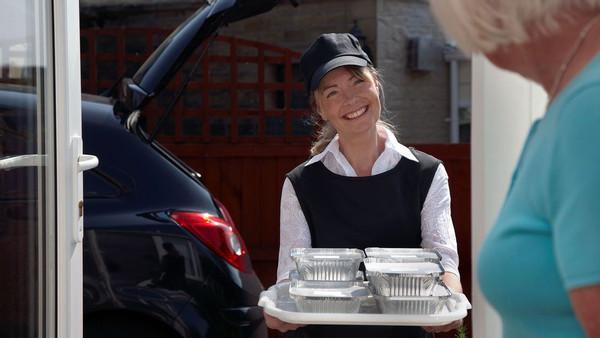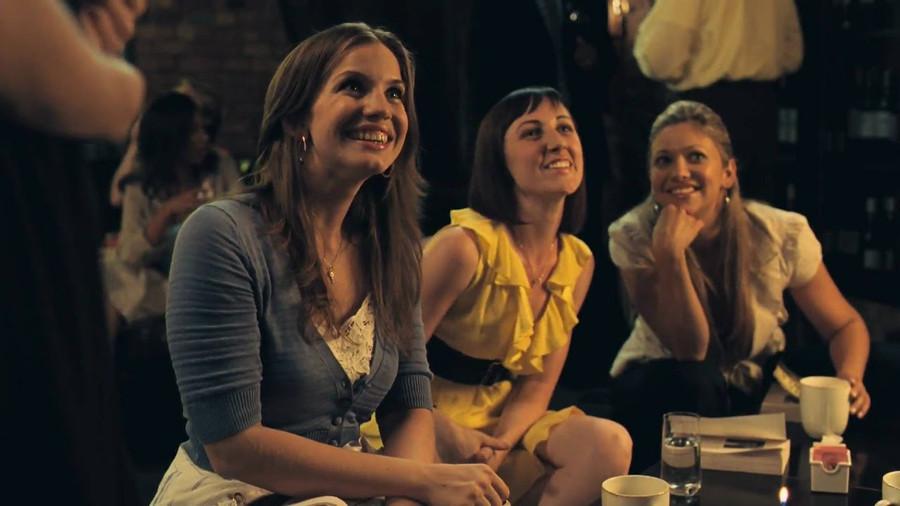Why overly kind and moral people can rub you up the wrong way
Curated from: bbc.com
Ideas, facts & insights covering these topics:
6 ideas
·716 reads
8
Explore the World's Best Ideas
Join today and uncover 100+ curated journeys from 50+ topics. Unlock access to our mobile app with extensive features.
Hating Good And Morally Upright People
The scepticism many of us feel towards people who are only trying to make the world a better place is a known behaviour, described by psychologists as “do-gooder derogation”.
And while the phenomenon may seem to be wholly irrational, there are some compelling evolutionary reasons for being wary of unreciprocated altruism.
With an understanding of our innate suspicion around overt acts of kindness, we can identify the specific situations in which generosity is welcomed and when it is resented – with some important lessons for our own behaviour.
22
166 reads
No Good Deed Goes Unpunished
Recent behavioural studies show that selfishness and selflessness are considered to be morally equivalent by a lot of people.
Strikingly, this tendency seems to emerge early in life – at around the age of eight. And while the size of the effect may vary depending on the context, it seems to be present to some degree in most cultures – suggesting it may be a universal tendency.
19
141 reads
Reciprocity and Reputation
To understand the origins of this seemingly irrational behaviour, we need to consider how human altruism emerged in the first place.
According to evolutionary psychology, hardwired human behaviours should have evolved to improve our survival and our ability to pass on our genes to another generation. In the case of altruism, generous acts could help us to foster good relationships within the group which, over time, help to build social capital and status.
20
104 reads
If A Person Rises, Others Must Fall
Reputation is “positional” – if one person rises, the others fall. This can create a strong sense of competition, which means that we’re always alert to the possibility that other people are getting ahead of us, even if they are achieving their status through altruism. We’ll be especially resentful if we think that the other person was only looking for those reputational benefits, rather than acting out of a genuine interest in others, since it may suggest a cunning and manipulative personality more generally.
21
97 reads
The Rules Of Life
Altruistic behaviour can make us walk a metaphorical tightrope. We need to balance our generosity perfectly, so that we are seen as cooperative and good, without arousing the suspicion that we are acting solely for the status.
If there’s no good evidence to suggest that their acts of generosity are self-serving, we may choose to give them the benefit of the doubt, knowing that our uncharitable intuitions may be fuelled by our own fears of losing status.
19
91 reads
Hide The Good Deeds!
Ultimately, the only fool-proof way to avoid do-gooder derogation may be to do your best deeds in complete secret. And if others happen to discover the truth, despite your attempts to hide it – well, the good reputation that follows is simply a bonus.
22
117 reads
IDEAS CURATED BY
CURATOR'S NOTE
People tend to hate the goody-good and kind people!
“
Christine Smith's ideas are part of this journey:
Learn more about artsandculture with this collection
The power of gratitude and positive thinking
Ways to improve your mood
Simple daily habits for a happier life
Related collections
Similar ideas
Read & Learn
20x Faster
without
deepstash
with
deepstash
with
deepstash
Personalized microlearning
—
100+ Learning Journeys
—
Access to 200,000+ ideas
—
Access to the mobile app
—
Unlimited idea saving
—
—
Unlimited history
—
—
Unlimited listening to ideas
—
—
Downloading & offline access
—
—
Supercharge your mind with one idea per day
Enter your email and spend 1 minute every day to learn something new.
I agree to receive email updates





